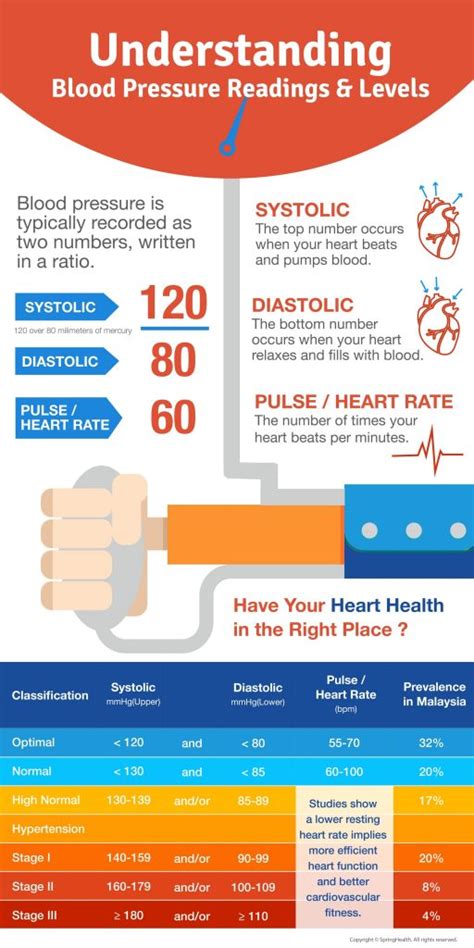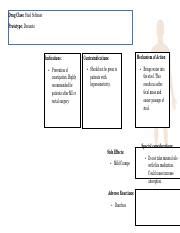Intro
Learn 5 ways to manage pregnancy blood pressure, including healthy habits, lifestyle changes, and medical interventions to control hypertension and ensure a safe pregnancy, reducing risks of preeclampsia and gestational diabetes.
Managing blood pressure during pregnancy is crucial for the health and well-being of both the mother and the baby. High blood pressure, also known as hypertension, can lead to complications such as preeclampsia, premature birth, and low birth weight. It is essential for expectant mothers to understand the importance of monitoring and managing their blood pressure throughout their pregnancy. In this article, we will discuss the significance of blood pressure management during pregnancy and provide tips on how to maintain a healthy blood pressure level.
Pregnancy is a unique and exciting experience, but it can also be a time of uncertainty and anxiety. One of the concerns that expectant mothers may have is the risk of developing high blood pressure. According to the American College of Obstetricians and Gynecologists (ACOG), high blood pressure affects approximately 5-8% of pregnancies in the United States. Uncontrolled high blood pressure can lead to serious complications, making it essential for pregnant women to work closely with their healthcare provider to manage their blood pressure.
The good news is that there are several ways to manage blood pressure during pregnancy. By making lifestyle changes, attending regular prenatal check-ups, and following the advice of their healthcare provider, expectant mothers can reduce their risk of developing high blood pressure and ensure a healthy pregnancy. In the following sections, we will explore the different ways to manage blood pressure during pregnancy, including dietary changes, exercise, stress management, and medication.
Understanding Blood Pressure During Pregnancy

Blood pressure is the force of blood against the walls of the arteries as it circulates throughout the body. During pregnancy, blood pressure can fluctuate due to hormonal changes and the increased blood volume. Normal blood pressure is typically defined as a systolic pressure of less than 120 mmHg and a diastolic pressure of less than 80 mmHg. However, blood pressure can rise during pregnancy, and it is essential to monitor it regularly to detect any potential issues.
Types of High Blood Pressure During Pregnancy
There are two main types of high blood pressure that can occur during pregnancy: gestational hypertension and chronic hypertension. Gestational hypertension is high blood pressure that develops after 20 weeks of gestation, while chronic hypertension is high blood pressure that exists before pregnancy or develops before 20 weeks of gestation. Both types of hypertension require careful management to prevent complications.Dietary Changes to Manage Blood Pressure

A healthy diet is essential for managing blood pressure during pregnancy. Expectant mothers should focus on consuming a balanced diet that is rich in fruits, vegetables, whole grains, and lean proteins. Some specific dietary changes that can help manage blood pressure include:
- Increasing potassium intake: Potassium can help lower blood pressure by balancing out the effects of sodium in the body. Foods rich in potassium include bananas, leafy greens, and sweet potatoes.
- Reducing sodium intake: Excessive sodium consumption can lead to high blood pressure. Expectant mothers should aim to limit their sodium intake to less than 2,300 mg per day.
- Drinking plenty of water: Staying hydrated is essential for maintaining healthy blood pressure. Expectant mothers should aim to drink at least 8-10 glasses of water per day.
Foods to Avoid
Some foods can exacerbate high blood pressure, and expectant mothers should try to limit or avoid them. These include: * Processed meats: Processed meats are high in sodium and saturated fats, which can contribute to high blood pressure. * Fried foods: Fried foods are high in calories, salt, and unhealthy fats, making them a poor choice for expectant mothers. * Sugary drinks: Sugary drinks can lead to a rapid increase in blood pressure, and expectant mothers should try to limit their consumption.Exercise and Physical Activity

Regular exercise is essential for maintaining healthy blood pressure during pregnancy. Expectant mothers should aim to engage in at least 150 minutes of moderate-intensity aerobic exercise per week. Some examples of safe exercises during pregnancy include:
- Brisk walking
- Swimming
- Prenatal yoga
- Cycling
Benefits of Exercise
Exercise can provide numerous benefits for expectant mothers, including: * Reduced risk of gestational diabetes * Improved mood and reduced stress * Increased energy levels * Enhanced overall physical and mental well-beingStress Management Techniques

Stress can exacerbate high blood pressure, and expectant mothers should try to manage their stress levels through relaxation techniques. Some effective stress management techniques include:
- Deep breathing exercises
- Meditation
- Prenatal massage
- Yoga
Benefits of Stress Management
Stress management can provide numerous benefits for expectant mothers, including: * Reduced risk of anxiety and depression * Improved sleep quality * Enhanced overall physical and mental well-being * Increased feelings of calm and relaxationMedication and Medical Intervention

In some cases, medication may be necessary to manage high blood pressure during pregnancy. Expectant mothers should work closely with their healthcare provider to determine the best course of treatment. Some common medications used to treat high blood pressure during pregnancy include:
- Methyldopa
- Nifedipine
- Labetalol
Importance of Medical Intervention
Medical intervention is essential for managing high blood pressure during pregnancy. Expectant mothers should attend regular prenatal check-ups and follow the advice of their healthcare provider to ensure a healthy pregnancy.What are the risks of uncontrolled high blood pressure during pregnancy?
+Uncontrolled high blood pressure during pregnancy can lead to complications such as preeclampsia, premature birth, and low birth weight.
How often should I monitor my blood pressure during pregnancy?
+Expectant mothers should monitor their blood pressure regularly, ideally at every prenatal check-up.
Can I manage my blood pressure through lifestyle changes alone?
+In some cases, lifestyle changes such as dietary modifications and regular exercise may be sufficient to manage blood pressure. However, expectant mothers should work closely with their healthcare provider to determine the best course of treatment.
In conclusion, managing blood pressure during pregnancy is crucial for the health and well-being of both the mother and the baby. By making lifestyle changes, attending regular prenatal check-ups, and following the advice of their healthcare provider, expectant mothers can reduce their risk of developing high blood pressure and ensure a healthy pregnancy. We invite you to share your thoughts and experiences on managing blood pressure during pregnancy in the comments below. If you found this article helpful, please share it with your friends and family to help spread awareness about the importance of blood pressure management during pregnancy.
